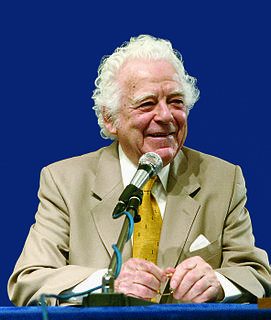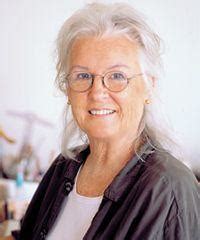A Quote by Alexandra Elbakyan
Scientific knowledge belongs to humanity.
Quote Topics
Related Quotes
Humanity must accept that the food, the raw materials, the energy, the scientific knowledge and so on, belongs to everybody, that it is given by Divine providence for all peoples, the rich nations and what are called the developing nations. No one has the right to corner the goods of the world as is done today, whether that be oil or food or any of the things that we think are so important.
The fact that these scientific theories have a fine track record of successful prediction and explanation speaks for itself. (Which is not to say that I don't directly discuss the work of those philosophers who would disagree.) But even if we grant this, many will argue that scientific knowledge in humans, and, indeed, reflective knowledge in general, is quite different in kind from the knowledge we see in other animals.
In the case of some people, not even if we had the most accurate scientific knowledge, would it be easy to persuade them were we to address them through the medium of that knowledge; for a scientific discourse, it is the privilege of education to appreciate, and it is impossible that this should extend to the multitude.
If complex organisms demand an explanation, so does a complex designer. And it's no solution to raise the theologian's plea that God (or the Intelligent Designer) is simply immune to the normal demands of scientific explanation. To do so would be to shoot yourself in the foot. You cannot have it both ways. Either ID belongs in the science classroom, in which case it must submit to the discipline required of a scientific hypothesis. Or it does not, in which case, get it out of the science classroom and send it back to church, where it belongs.






































